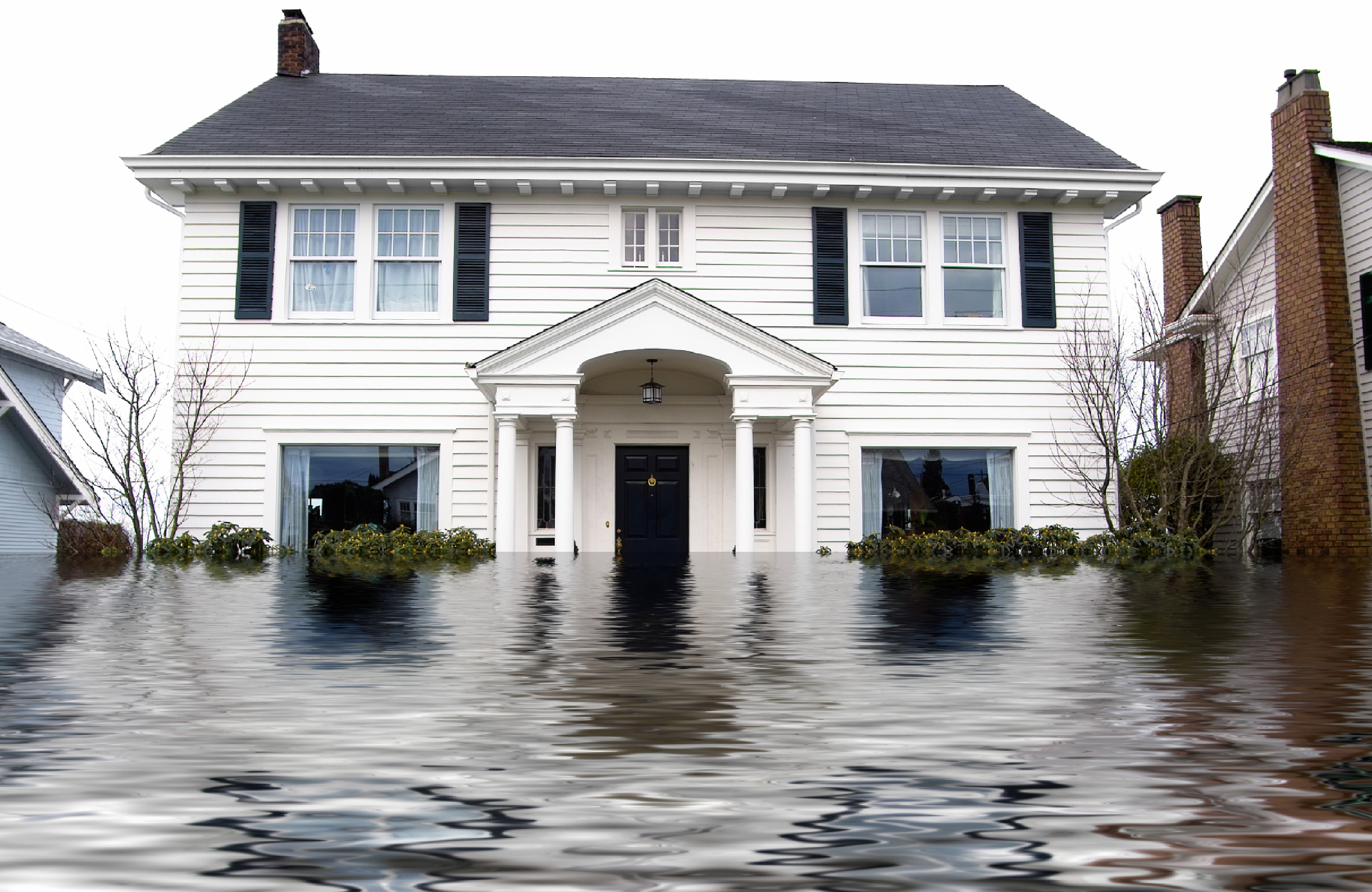
220 West Willow Street, Building B
Lafayette LA 70501
Hours: 7:00 a.m. - 4:00 p.m.
Phone: 337-291-8468
Building in the floodplain can have serious consequences, including:
Regulations for Building in the Floodplain
Flooding is a natural process. Reducing property damage and protecting human safety when flooding does occur are two goals of floodplain management. There are many policies and regulations in place regarding the protection and management of floodplains.
The State, Parish, and City all have regulations pertaining to floodplains and floodplain development. Some of these regulations are required for participants in the National Flood Insurance Program (NFIP).
General Criteria for floodplain development
Zero Net Fill was adopted in November 2017, which is meant to preserve the ability of the floodplain to store water. Compensatory storage means that loss of flood storage due to buildings or fill dirt in the floodplain is compensated for by providing an equal volume of storage to replace what is lost. In other words, if you bring one bucket (fill) in - you need to take one bucket out.
Standards for development in the floodway
Standards for new buildings in flood fringe
Standards for substantially improved buildings
The Lafayette Consolidated Government committed to enforcing these flood damage protection standards by adoption of a floodplain resolution on November 5, 2018. The ordinance was required for continued participation in the NFIP, and so that citizens of Lafayette Parish may purchase flood insurance through the NFIP.
Additional resources
A Flood Insurance Survey (FIS) is a compilation and presentation of flood risk data for flood hazard areas. The FIS report contains detailed flood elevation data in flood profiles and data tables.
Lafayette Parish Flood Insurance Study (April 3, 2012)
The Lafayette Consolidated Government Floodplain Administrator also maintains elevation and floodproofing certificates for all new buildings and substantial improved structures located in the floodplain. Elevation and floodproofing certificates for these structures can be found on this elevation certificate list, or can be provided upon request by contacting John Broyles by email at cpboudreaux@LafayetteLA.gov or 337-291-8468.